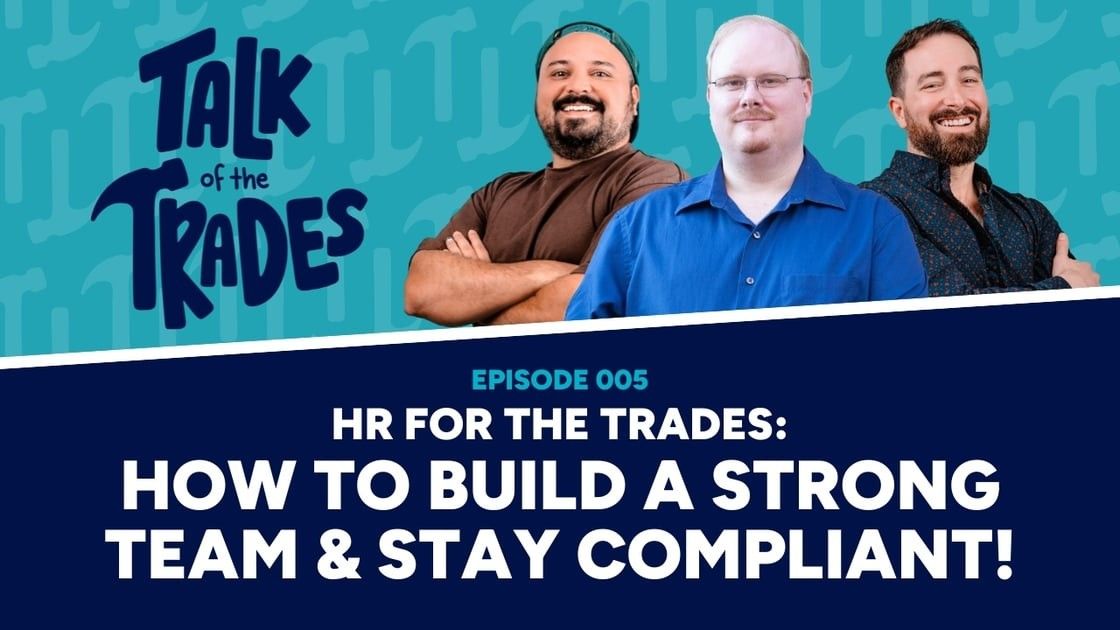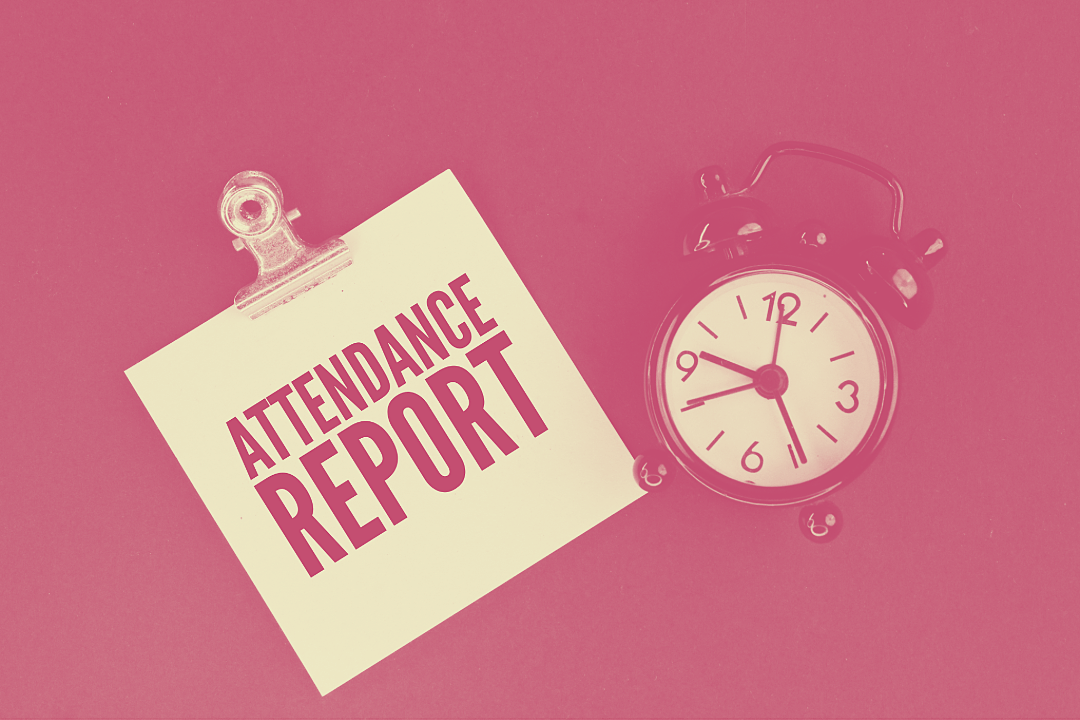When Does Your Employee Handbook Need an Update?
28 March 2024
Don't let your employee handbook become outdated. Here's what may need to be adjusted.
If you let your employee handbook sit on the shelf and become outdated over time, you run two major risks. The first is that your employees may not have accurate info on what to expect from the company, and what the company expects in return. And the second is potentially serious legal issues from being out of date with policies.
We recommend you audit your handbook at least annually to make sure it doesn't collect cobwebs and cause you issues. But how do you know what to look for? Here are a few key things to review:
- Legal updates. For example, if you haven't made a change to your employee handbook since before the COVID lockdowns, you're guaranteed to be missing some required policies. And states pass new regulations all the time, so you may be missing new policies you weren't even aware existed. It's risky business if your handbook doesn't match current regulations.
- Internal business changes. Many small adjustments don't seem worth a handbook update, so you decide "we'll just keep the handbook as it is for now, but enforce it this other way." You can get away with this in the short-term for a very small policy change. But the larger the change - and the longer it stands without an official update - the worse it can get. Not only is this confusing to employees, if your handbook is proven to be inconsistent and documented policies are known to be ignored, your employees (and courts of law) can assume that no one knows what's obsolete and what's still applicable, so none of it is enforceable.
- Changes to "Standard HR Practices." A solid HR policy from 20 years ago may have become legally risky over time based on court decisions. You may need adjustments to your handbook to help ensure that any legal challenges can be defended in the best possible way.
- Changes in technology. Just a handful of years ago, almost every residential service company provided company-owned phones to technicians, while iPads and tablets were rare on the jobsite. Now, with improved apps for phone systems, it's standard for companies to require employees to bring their own phones, and tablets are a necessity for many techs. Your company may have recently drafted policies on whether to allow ChatGPT or TikTok usage on company laptops, but a year from now these platforms may be industry standard... or be completely banned. Keep your employee handbook up-to-date with technology to ensure it's relevant to what employees are facing today, not what they dealt with five years ago.
What if you don't feel confident making updates yourself, or don't even have an employee handbook? That's one of our specialties at The Big Picture Consulting! Just reach out to us and we can help update what you've got or create you a personalized handbook from scratch.

Reasonable Accommodations in the workplace are no joke - you can get into serious legal trouble if you don't comply with the ADA. Yet here's a case study on a company who terminated someone for an issue directly related to their disability and was not held legally liable. Check out the details of how this might apply to your business.









